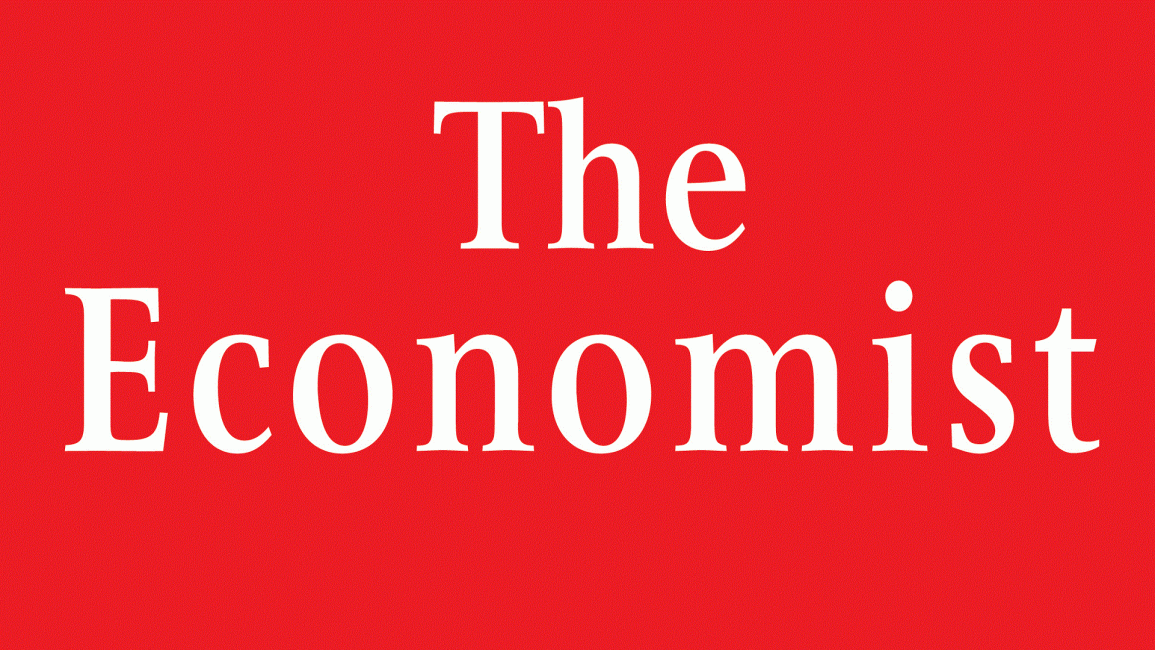Lebanon sues The Economist for 'spreading fake news' about its economic troubles
Lawyers Khalil Qabbani, Rami Itani, Mohammed Dogan, Sana al-Rafii and Murhaf Arimat put forward a case against the magazine to the Public Prosecutor, citing an article about the country's economic troubles that included "false information" as well as a distorted image of the Lebanese flag.
The lawyers also called for a ban on the sale of the edition of the magazine that contained the October 5 article and demanded that it is immediately withdrawn from the market.
"The article has been published by a specialised economy magazine that is widely circulated internationally, and it contains false information that cannot be overlooked as it puts doubts on Lebanon's economy," the lawyers said.
"[Furthermore] the image on the article is derogatory as it insults the Lebanese flag."
The Economist published on October 5 an article entitled "A long-feared currency crisis has begun to bite in Lebanon", which discussed the impact of a dollar shortage in the country.
Economic growth in Lebanon has plummeted in the wake of repeated political deadlocks in recent years, compounded by eight years of war in neighbouring Syria.
Last month, banks and money exchange shops were rationing dollar sales in the country, where Lebanese pounds and US dollars are used interchangeably in everyday transactions.
The finance ministry said rating agency Moody's has warned it could lower Lebanon's sovereign credit rating within three months if the country does not redress its economy.
Moody's already downgraded the rating from "B3" to "Caa1" at the start of the year, citing debt risks, while fellow agency Fitch followed suit in August.
Lebanon's public debt stands at around $86 billion - more than 150 percent of gross domestic product (GDP) - according to the finance ministry.
Eighty percent of that debt is owed to Lebanon's central bank and local banks.
Follow us on Twitter: @The_NewArab



